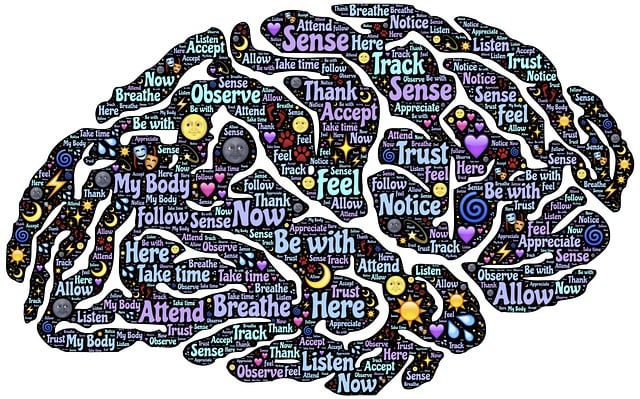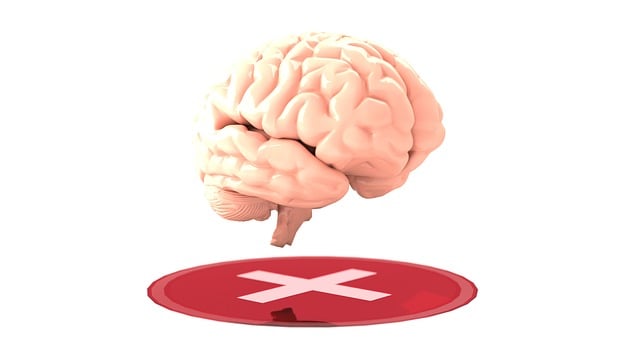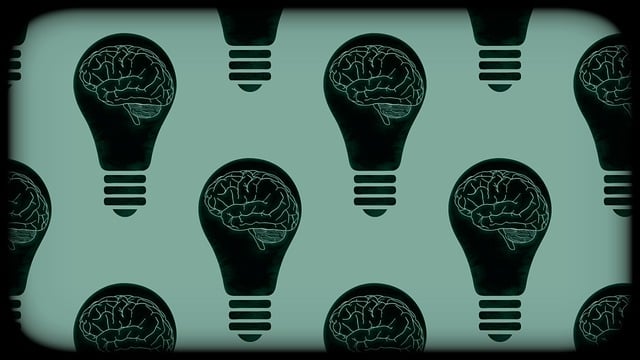Mental health diagnoses are complex processes requiring expert evaluation using evidence-based methods, crucial for navigating treatment options and achieving better therapy outcomes. Holistic mental wellness coaching programs, culturally sensitive and inclusive, integrate psychological, social, and environmental factors to empower individuals in their care. Mental health policies, advocacy, and awareness promote accessible care and inner strength development for improved well-being. Early intervention through risk assessments and mental health initiatives is key to managing conditions like anxiety, depression, bipolar disorder, schizophrenia, and PTSD, with Superior Stress Management Therapy showing significant benefits.
Mental illness diagnosis and treatment navigation can be a complex, intimidating journey. This article guides you through every step, focusing on mental health diagnoses, their common types, and the crucial role of professionals in ensuring accuracy. We explore treatment options from psychotherapy to medication, emphasizing superior stress management therapy. Additionally, we delve into strategies for overcoming barriers to help-seeking, building a supportive network, and integrating self-care practices to complement therapeutic efforts.
- Understanding Mental Health Diagnoses: Demystifying the Process
- – Explaining mental health diagnoses and their importance
- – Common types of mental illnesses and symptoms to look out for
Understanding Mental Health Diagnoses: Demystifying the Process

Mental health diagnoses are often complex and multifaceted, involving a thorough evaluation of symptoms, behavior, and overall mental wellness. This process requires expertise from qualified professionals who employ evidence-based methods to arrive at accurate conclusions. Understanding these diagnoses is the first step towards effective navigation of treatment options. It empowers individuals to actively participate in their care, make informed decisions, and ultimately achieve superior stress management therapy outcomes.
The journey begins with recognizing that mental wellness coaching programs play a pivotal role in supporting individuals through diagnosis and beyond. These programs, developed by experts in collaboration with diverse communities, consider cultural sensitivity in mental healthcare practice, ensuring tailored support for all. By integrating knowledge from various disciplines, these initiatives offer holistic solutions that address the complex interplay of psychological, social, and environmental factors contributing to mental health conditions.
– Explaining mental health diagnoses and their importance

Mental health diagnoses are crucial tools that help professionals understand and treat various psychological conditions effectively. These diagnoses provide a framework to identify specific disorders, each with unique characteristics and symptoms. By accurately diagnosing an individual’s condition, healthcare providers can tailor treatment plans suited to their needs, ensuring superior stress management therapy. For instance, recognizing depression, anxiety disorders, or bipolar disorder allows for targeted interventions that may include psychotherapy, medication, or lifestyle modifications.
A robust mental health policy analysis and advocacy system supports the process by promoting awareness, reducing stigma, and ensuring accessible care. Inner strength development is also a key aspect of recovery, empowering individuals to manage their conditions and improve overall well-being. Additionally, risk assessment for mental health professionals is essential to identify potential hazards and implement safety measures, fostering a supportive environment for both practitioners and patients.
– Common types of mental illnesses and symptoms to look out for

Mental illnesses encompass a broad spectrum, each with unique characteristics and symptoms. Anxiety disorders, depression, bipolar disorder, schizophrenia, and post-traumatic stress disorder (PTSD) are among the most prevalent. Symptoms can vary widely but often include persistent feelings of sadness, intense anxiety, drastic mood swings, hallucinations, and intrusive memories. Recognizing these signs is crucial for seeking appropriate help.
Early intervention plays a vital role in managing mental health effectively. A comprehensive Risk Assessment for Mental Health Professionals can aid in identifying individuals at risk. Through Mental Health Awareness, we can foster an environment where people feel comfortable discussing their struggles openly. Implementing Stress Reduction Methods, such as Superior Stress Management Therapy, has proven beneficial in mitigating symptoms and enhancing overall well-being.
Mental illness diagnosis and treatment navigation can be a challenging journey, but with the right guidance, it becomes a path to recovery. By demystifying the process of mental health assessments and increasing awareness of common conditions like anxiety, depression, and bipolar disorder, individuals can take charge of their well-being. Superior Stress Management Therapy offers a proven approach to navigating this landscape, providing tools for self-care and connecting people with tailored support systems. Remember, seeking help is a sign of strength, and with the right resources, healing and a fulfilling life are within reach.














